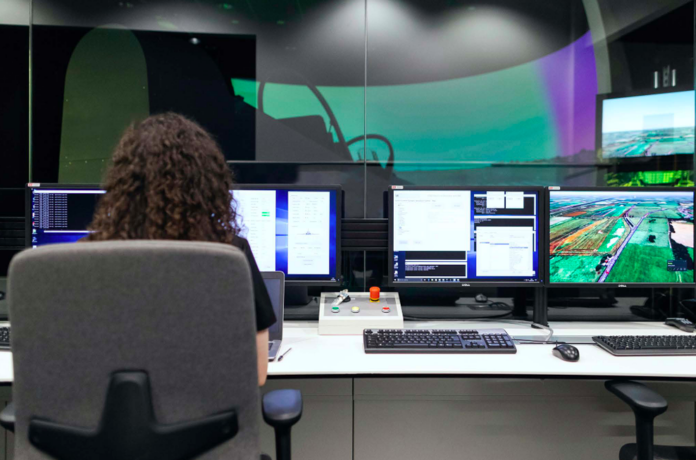Innovation is naturally playing a key role in shaping the future enterprise in Singapore, as nearly three in every five (58%) of business leaders in the country say their investment in advanced technology will increase, according to analytics cloud platform company Alteryx.
This is among findings of a survey was conducted by Coleman Parkes in September and October 2023, covering 2,800 IT decision-makers, data analysts, and line of business leaders who are based in North and South America, Europe, Asia, Australia, and the United Kingdom.
In Singapore, nearly four in every five (78%) respondents say that AI is already impacting what their organisation can achieve, while 41% state they will invest in advanced technologies such as AI to respond to the changing market environment.
Despite the prevalence of AI in organisations today, only 47% of respondents expect that the use of AI will be universally adopted across all sectors and business functions.
This is below the regional average of 54%, and could be due to key ethical considerations around data privacy (35%), transparency (33%) and data governance (26%), which has shifted the narrative around regulation — moving from being a dirty word to becoming a hot topic for businesses.
Most (85%) Singapore leaders believe that regulations and standards around AI usage — including generative AI — should be developed within their sectors as it continues to transform the business landscape.
Among those polled, 90% believe that such policies would help businesses implement AI responsibly, and 41% worry about workplace desirability from not having an ethical AI framework in place.
Despite concerns around regulation, AI is significantly impacting the key skill sets of the future enterprise. While most businesses envision an AI-driven future for the enterprise, nearly three in 10 (29%) see the increasing volume and variety of data as the biggest threat to achieving this.
To be prepared for this increasingly complex, data-driven future, companies see a need to get their digital transformation right, especially around AI and machine learning (27%), and provide ethical AI frameworks that businesses can follow (21%).
The employee of the future is a generalist, working with different tools and languages and perhaps developing a range of leadership and soft skills along the way.
According to the research, more organisations are moving away from hiring people who are highly skilled in a single area of expertise towards hiring people who can contribute across a range of functional areas.
Two-thirds (66%) of Singapore business leaders state that it is more important for their employees to be multi-skilled than specialised in one area. While hard skills, such as AI and ML (27%), programming and coding (24%), as well as engineering (24%) continue to be important, there is now a higher demand for soft skills like adaptability (24%), communication (21%) and digital literacy (21%).
Having the right AI tools will help these employees manage the increasing volume and variety of data and find the competitive edge their organisations need.
“As organisations across Singapore continue to lay the foundations for successfully harnessing AI to deliver business value, leaders are already addressing emerging workforce and regulatory concerns to stay ahead of the global AI race,” said Philip Madgwick, Alteryx senior director in Asia.
















